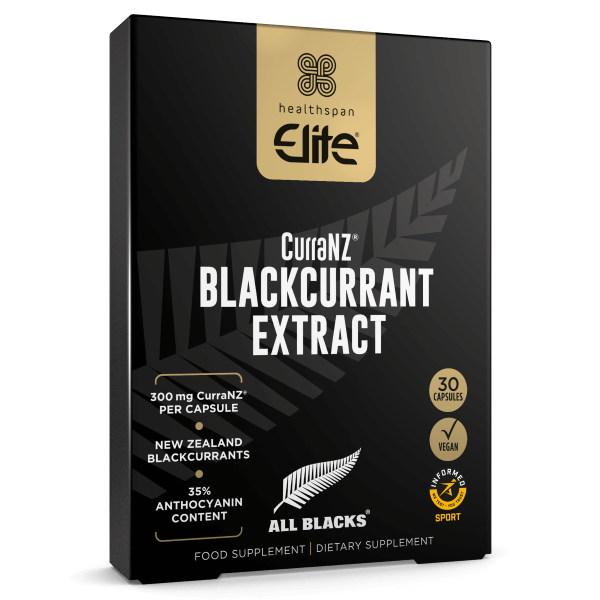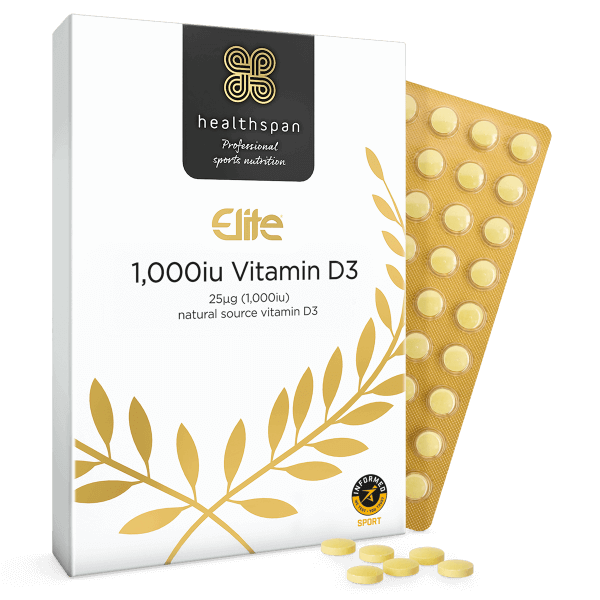If you've stopped seeing progress in your training, if you're feeling fatigued and constantly sore and exhausted, you might be overtraining. It could be time to give your body a break, says Lucy Gornall.
🕒 6 min read
Overtraining tends to mean that your body hasn't been given the time to recover properly between workouts. Research states that Overtraining Syndrome (OTS) appears to be a "maladaptive response to excessive exercise without adequate rest." This results in disruption to various body systems as well as causing mood changes.
Personal Trainer Uche Obi adds: "Overtraining happens when training volume and intensity surpass the body's capacity to recover and adapt, resulting in performance decline, injury risks, and various physical and psychological symptoms."
He adds that each athlete's unique capacity for training and recovery varies, based on genetics, age, and health.
"High-volume and high-intensity training can induce overtraining if not managed correctly, highlighting the importance of detailed planned programs. I often see injuries occur among people who take up running without a plan, starting out too hard."
Feel as though you might be overtraining? Here are the signs to look out for, plus how to get your body back on track.
1. Persistent pain
It's natural to feel sore after a workout, or to experience the dreaded DOMS a couple of days after a heavy weights session, but if your pain doesn't seem to go and instead lingers for longer than usual, it might be time to take some time away and let your body fully recover.
After all, rest is when your body and muscles heal. Zero rest can mean ongoing pain in your muscles and joints.
Incorporating certain foods alongside rest can help to reduce inflammation and support joint health.
"Athletes need a good source of antioxidants because intense physical activity can increase oxidative stress, due to an increase in cell-damaging free radicals. Antioxidants neutralise these free radicals. Antioxidants can also help with the recovery process by reducing inflammation after exercise," explains sports nutritionist Rob Hobson.
Enjoy a colourful plate of food to ensure you're getting a range of antioxidants, from vitamin C-rich oranges to green broccoli and kale.
2. Constant fatigue
If you feel as though you never have energy, or as if every workout is more of a drag than it should be, overtraining may be to blame. Naturally, training hard tires the body, and
this fatigue could also lead to reduced motivation to exercise.
Healthspan has a range of supplements to support recovery, including the All Blacks CurraNZ Blackcurrant Extract tablet, designed to help the body overcome stress and exertion.

All Blacks CurraNZ Blackcurrant Extract
Sourced from the world's best-quality blackcurrants, grown in New Zealand
- 300mg powerful CurraNZ® blackcurrant per capsule
- 105mg anthocyanins
- Support your overall wellbeing and performance
3. Easily irritated
Are little things winding you up more than usual? Overtraining can make you feel irritable for several reasons, according to Obi.
"When you exercise a lot without enough rest, it can mess with your body's balance of hormones and neurotransmitters. This can cause an elevation in stress hormone levels (like cortisol and adrenaline) and this imbalance can lead to feelings of anxiety and irritability."
In turn, this can affect your sleep quality and quantity, compounding the problem.
4. Struggling to sleep
Although you might think that feeling more fatigued than normal would mean longer, deeper sleeps, too much stress on the body over extended periods can make sleep harder than usual.
"Overtraining (and not getting enough good sleep) can weaken your immune system and make you more prone to getting sick, which can also affect your mood and how well you handle stress, and the vicious cycle can begin," adds Obi.
Some research has found that athletes who overtrained had a reduced HRV (heart rate variability) upon waking, which could indicate that the sympathetic nervous system is working more than it should.
Our sympathetic nervous system activates in response to stressful situations, including exercise, but when we sleep we ideally we want the parasympathetic nervous system to kick in – our calmer 'rest and digest' system.
The research also found that a week of rest could help to rebalance this HRV and help regulate the nervous system.
Training in the evening? This can also make sleeping difficult due to a higher body temperature and heart rate post-workout.
A heart beat is not constant, even at rest – there are variations in the time between each beat. This heart rate variability, or HRV, can be an indicator of your overall health and contribute to your sports performance. Sports nutritionist Rob Hobson explains.
5. Picking up every illness
According to research, staying active and exercising helps to bolster our immune system. In fact, exercise has an anti-inflammatory effect on the body, which in turn can help to reduce the chance of illness.
But there's a tipping point, and working out too intensely can actually have a negative effect on our immune health, increasing the risk of illness.
Research has found that more than 90 minutes of high-intensity endurance exercise such as running can make athletes susceptible to illness for up to 72 hours after the exercise session is over.
And, of course, if you're lacking sleep from overtraining and as a result reaching for unhealthy foods to pick you up, your immune system will take another hit. Bring all this together and the chances of picking up a cough, cold or other illness is likely to be far higher than usual.
Hobson says: "You need to keep your immune system in top shape if you're training hard, and overtraining can put you at risk of infection. Keep your gut healthy with probiotic foods and plenty of fibre, as the gut is linked to immune function. Eat a balanced diet rich in lean proteins (meat, fish and plant) and plenty of fresh veggies, nuts and seeds. These foods are rich in vitamin C, zinc and iron, which support immunity."
In the winter, take a vitamin D supplement. Hobson explains that this is essential for immunity. "Low levels have been linked to an increased risk of upper respiratory tract infections in athletes."

Elite Vitamin D3 1000iu
The sunshine vitamin: an essential nutrient that supports your immune health and normal muscles and bones
- Supports your immune, muscle and bone health
- 1000iu (25mcg) of vitamin D3, the body-ready form
- One-a-day formulation, suitable for vegetarians
Returning to training
If you're getting back into training after some time off, it's important to do so gradually to avoid getting hurt again.
Obi explains: "As a personal trainer, I start with a fitness assessment to make a suitable plan. We begin with low-intensity exercises, increasing the workload gradually to prevent overtraining and minimise injury risk. I create a balanced training plan with varied exercises and incorporate rest or active recovery days.
"When it comes to strength training, beginning with bodyweight exercises mixed with moderate resistance training, with focus on tempo rather than pushing as hard as you can, is a good way to start."
Obi adds that most people will be okay working out six or seven days a week and that this won't necessarily cause any injuries or overtraining, "but only if incorporating a variety of different stimuli during the week. This could be mixing mobility sessions, with strength training and runs, for example."
Hobson says that it's best to eat foods that support your energy needs, muscle recovery, joint health (and inflammation) as well as your immunity.
"You need to get enough carbs to give you the fuel to train. If you're not eating enough overall, then it's likely you're not getting enough carbs, and this can result in injury from fatigue. You don't just need carbs before you train but also after, to replenish glycogen (stored glucose) stores."
Try choosing wholegrain carbs as the healthier choice overall. If you're in need of an instant supply of energy before a session or an hour before an endurance event, then something more quickly digested is better. Try a banana, dried fruit or a glucose/fructose drink.
"You need to get enough protein in your diet to support muscle growth and repair. Aim for at least 1g per kg of bodyweight, and this may increase depending on your sport. Endurance athletes, for example, may need about 1.4g, whereas weightlifters may be closer to 2g."
Remember to stay hydrated too, with plenty of fluids and electrolytes.
Ultimately, you can train hard, but this must be balanced with appropriate recovery to ensure that your body doesn't end up suffering from the many negative symptoms of overtraining.









